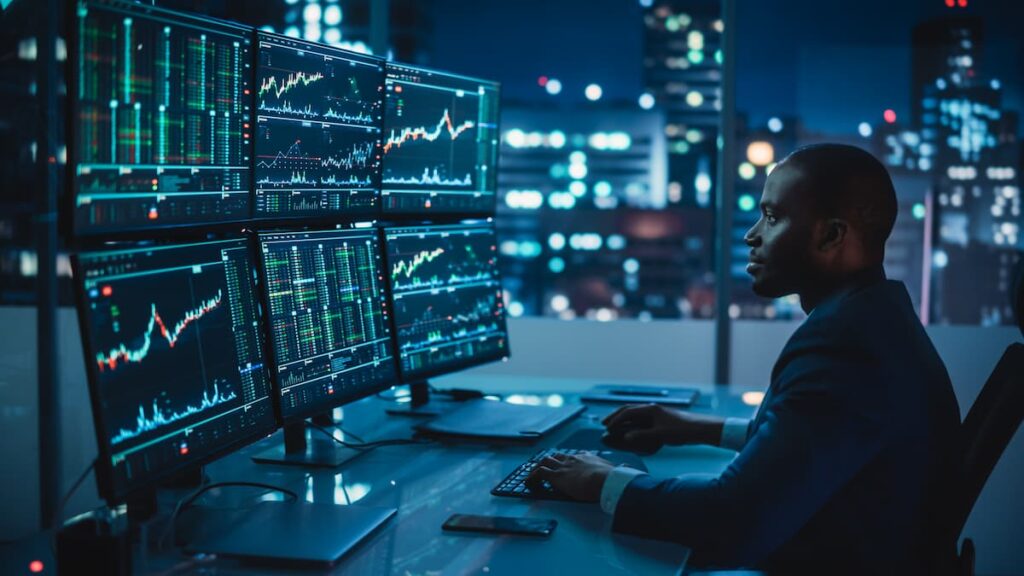Hedge Funds Anticipate Windfall
A high-stakes gamble made by hedge funds over a decade ago could finally pay off, as former President Donald Trump pushes to privatize mortgage giants Fannie Mae and Freddie Mac. The two companies, which have been under government conservatorship since the 2008 financial crisis, are now poised to return to the public markets. Trump’s proposed spin-off has sent Fannie and Freddie’s stocks soaring — and with them, the hopes of billionaire investors like Bill Ackman.
Ackman’s hedge fund, Pershing Square Capital, is one of the largest holders of Fannie and Freddie shares. He’s been vocal about his desire to see the companies leave government control. “We have been leading the charge on behalf of all shareholders,” Ackman posted on social media, reaffirming his commitment to unlocking value from the long-held positions.
Other big names in the hedge fund world, including Carl Icahn and John Paulson, also invested in Fannie and Freddie after the government seized control during the 2008 meltdown. Though the exact size of their current holdings is unclear, a successful spin-off could yield billions in profits — if it happens.
Market Shake-Up Concerns
Despite the investor excitement, many experts are sounding the alarm over what a privatization of Fannie and Freddie could mean for the broader housing market. These two government-sponsored enterprises (GSEs) back over half of all U.S. mortgages, providing vital liquidity by purchasing home loans and bundling them into mortgage-backed securities.
Lori Goodman, a fellow at the Urban Institute, warns that taking the companies public without a government guarantee could lead to higher mortgage rates. Without the federal backstop that’s reassured investors for years, lenders might raise rates to mitigate risk — particularly for lower-income buyers. “You can’t tamper with the government guarantee without upsetting that huge market,” she said.
Democrats in the Senate share this concern. In a letter to William Pulte, director of the Federal Housing Finance Agency (FHFA), they urged a pause on the spin-off, citing fears that it could make housing even less affordable. They criticized the Trump administration’s plan, accusing it of prioritizing hedge fund profits over homebuyers’ needs.
Trump’s Position and the Risk of Privatization
Trump has tried this before — during his first term — but failed to remove Fannie and Freddie from conservatorship. Now, he’s doubling down. On social media, he promised to retain the government’s “implicit guarantees” even as he pushes to take the companies public. However, experts like Goodman argue that social media posts aren’t enough to reassure investors handling trillions of dollars in mortgage-backed securities.
One possible solution is to have Fannie and Freddie pay a fee to keep that government guarantee. But that cost, too, would likely be passed on to borrowers in the form of higher mortgage rates. With interest rates already elevated following the Federal Reserve’s efforts to combat inflation, any increase would further strain buyers already priced out of the market.
Critics also point to the broader risk of returning to a “privatized profit, socialized loss” model — the same setup that contributed to the 2008 crash. Norbert Michel of the libertarian Cato Institute cautions against releasing the companies in their old form. “That was a bad system,” he said. “We should not have that system again.”
Debt, Dividends, and Shareholder Uncertainty
The biggest obstacle to any spin-off lies in the companies’ financial structure. As part of their bailout, Fannie and Freddie received $190 billion from the U.S. Treasury, which holds preferred shares with priority over common stock. Until that debt is repaid, other shareholders — including hedge funds — stand behind the government in line.
Ackman has argued that Fannie and Freddie have already overpaid, having returned $301 billion in dividends since entering conservatorship. He insists that shareholders aren’t asking for handouts — only credit for what’s already been repaid.
Still, analysts remain cautious. “The private shareholders’ equity is about negative $200 billion,” said Bose George of Keefe, Bruyette & Woods. “Owning the shares is speculative because you’re assuming the government will forgive this debt.”
That uncertainty underscores the high-risk, high-reward nature of the hedge fund strategy. If the government does forgive or restructure its stake, investors like Ackman could see massive returns. If not, their shares could remain essentially worthless.


